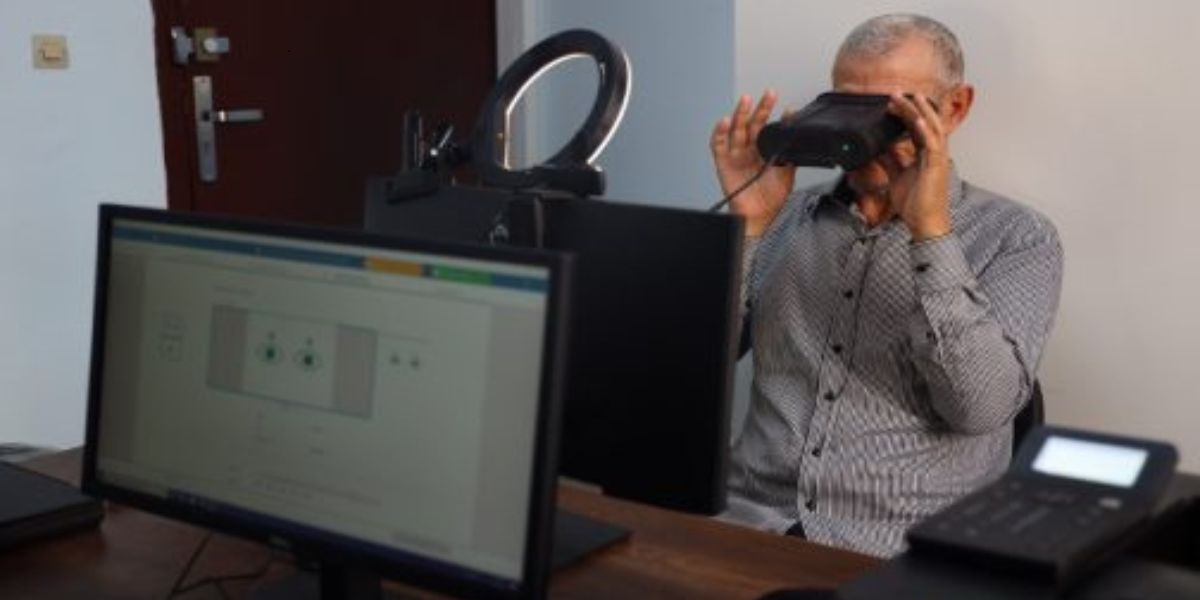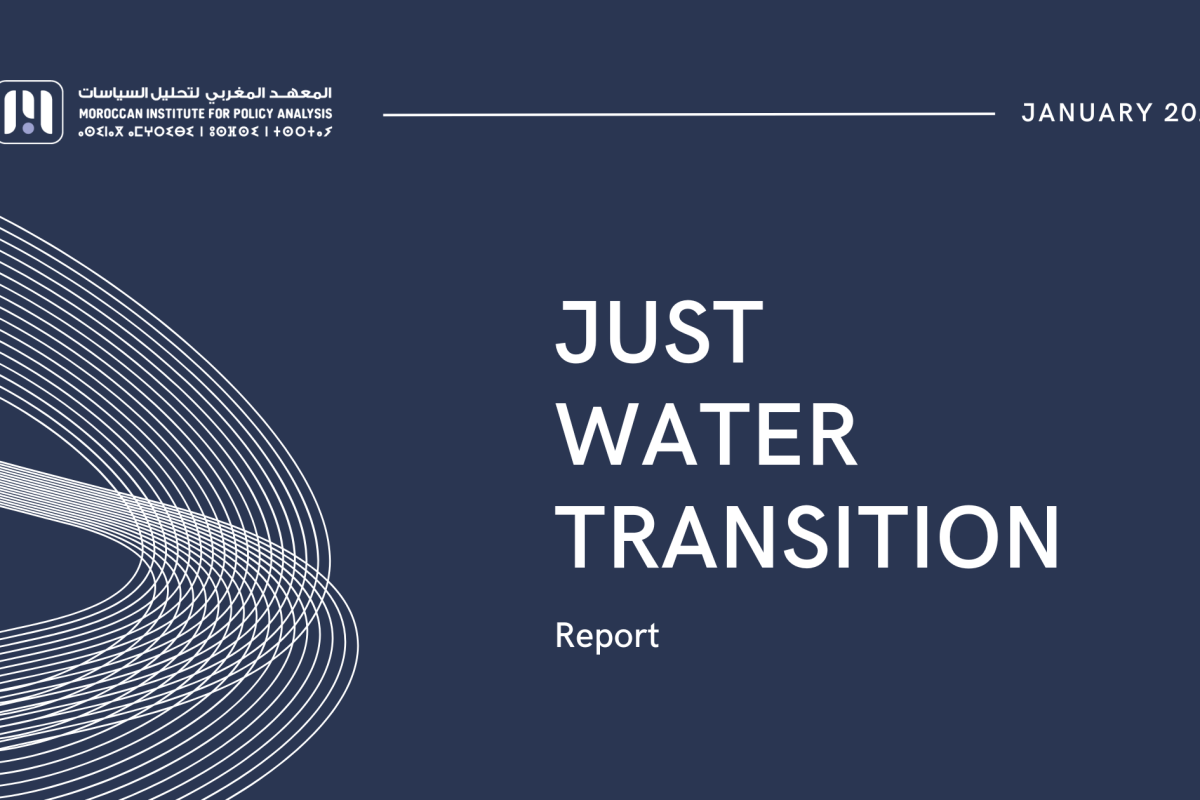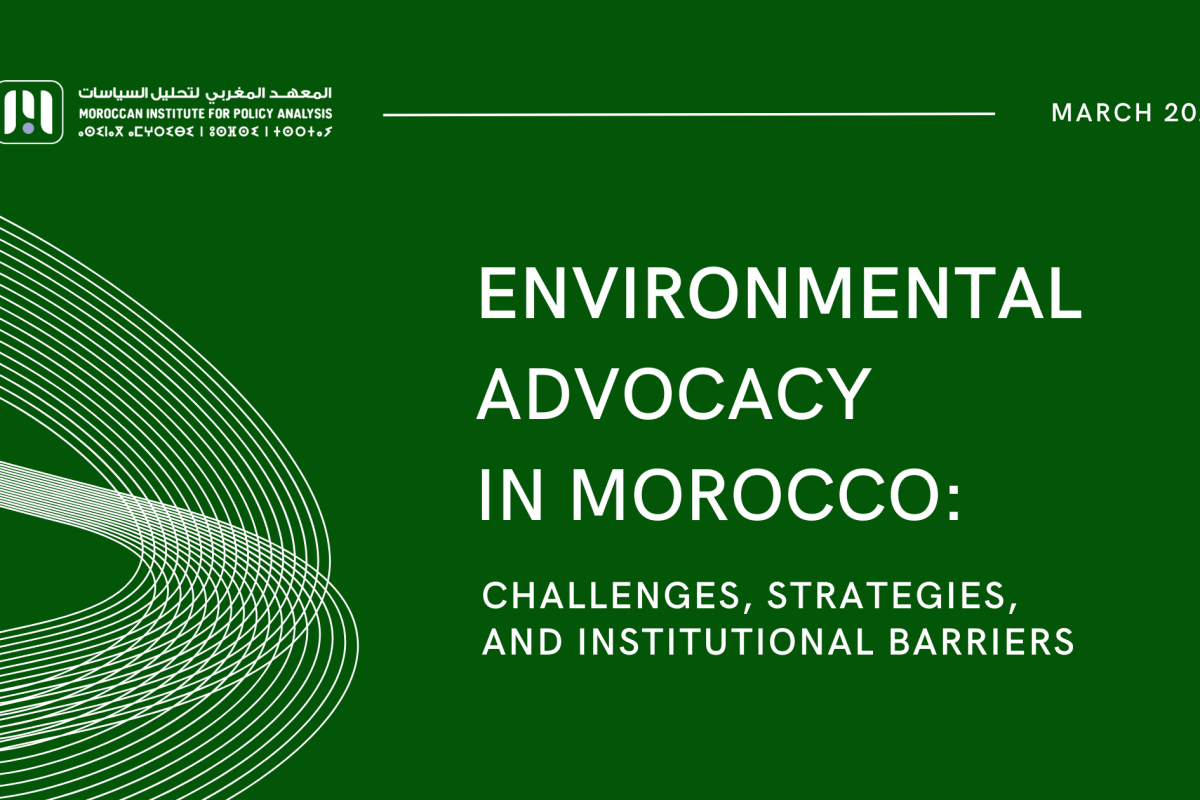[vc_row][vc_column][vc_column_text]
Despite Morocco’s efforts to train Malian Imams, outcomes will remain limited unless the selection method, the training and the professional integration of these imams in their home countries are reconsidered.
Introduction
On December 23, 2018, the fourth cohort of Malian Imams were awarded their diplomas by the Mohammed VI Institute for the Training of Imams, Murchidines and Morchidates (Mohammed VI Institute). This cohort is considered to be a part of the penultimate group of 500 Malian Imams that Morocco officially committed to train as a part of the Cooperation Agreement between Morocco and Mali, an agreement signed in Bamako on September 20, 2013. It is also a part of the African Imams Training Initiative that provided Morocco with an opportunity to market its religious policy internationally[1]. Within the framework of this initiative, Morocco signed dozens of bilateral agreements with African countries to train their Imams in the Kingdom, clearly indicating the growing demand for Moroccan experience within the field of institutionalized religious leadership.
While waiting for the graduation of the fifth and final group of Malian Imams at the end of 2019, it is likely that Morocco and Mali will renew the agreement for the coming years. However, it is in Morocco’s interests to update the agreement in order to improve the quality of training and to address some of the pitfalls revealed in the first five years of this training phase.
Training Malian Imams: What is at stake?
Regarding the agreement signed in 2013, it is important to note that Morocco was the initiator in aiding Mali in support of its efforts to restore its internal stability in the post-coup era of 2012. The context in which the initiative originated allowed little room for practical control over all administrative and procedural aspects, endorsing better implementation. The agreement will end in 2019, and in order to renew it, the Malian government should send a formal request. In this regard, Moroccan authorities will have the ability to revisit the agreement by including specific terms to improve the expected results of the training program. Morocco sees this type of religious cooperation as part of its soft power in Africa, betting on the religious leaders of the Mohammed VI Institute to be the “ambassadors” of the kingdom in the students’ countries of origin. This cooperation defends the Moroccan religious model by functioning as a two-year intensive training program made for familiarizing religious leaders with the core elements in which the Moroccan religious model is based upon.
As for the state of Mali – and other African countries – the primary goal is to train Imams in Morocco to represent a “solid nucleus” when bringing home their experiences, knowledge from theoretical, and practical competencies. The end goal of which would be to preach a moderate model of Islam. This will enable the Imams to support the capabilities of their countries in their long-term efforts to prevent violent extremism and to help promote sustainable security and stability.
Technical and Political Challenges
Since the start of the program at the end of December 2013, three challenges can be discerned in terms of its (1) knowledge base, (2) political, ideological and (3) technical. This observation is specifically related to the nature of the selected Malian candidates and their eligibility to engage in the training program. It also relates to the general engineering of the program’s training content. Regarding the training of foreign Imams, one of the issues facing the institute are the differences between the levels of students within each cohort. This includes the ability to attain the minimum level of Islamic sciences that qualifies the student to keep up with the intensive training program, and the mastery of the Arabic language, given that it is the primary language of the institute. Over the previous years, the institute’s administration had received students from the state of Mali and other African nationalities who memorize very little of the Holy Qur’an. Moreover, some of these students’ religious knowledge and linguistic abilities in Arabic are low[2] and do not meet the minimum requirements to engage in the training.
Over time, the issues of the varying levels within the same cohort began to pose a serious problem for both teachers and students, negatively impacting the quality of the education process. In order to address this problem, the Institute’s administration adopted in early 2018 a new grouping approach. This new approach is based on distributing the African students who are newly enrolled in the fundamental training into three mixed groups of students-imams from Mali, Guinea Conakry, Senegal and Ivory Coast. This new grouping approach is devised by a written test, an interview, and in-depth background research of the candidate, for the purpose of determining the levels of proficiency of the students in the fields of Islamic studies and Arabic.
This process has resulted in the formation of two groups. Group (A) consists of students with a good level who are exposed to normal training material similar to that of the Moroccan students. Group (C) includes students of a relatively lower level. Group (C)’s training program consists mainly of simplified Arabic teaching materials and classes in “’Qur’anic covenant.” The classes in “Qur’anic covenant” provides the Group (C) students with the opportunity to complete the memorization of the Qur’an, and master the rules of its recitations and writings, following the Moroccan way. The administration has also deliberately created a third group, in-between Groups (A) and (C), as a pedagogical incentive to motivate the students of group (C) to improve their level and advance into this third group after taking a mid-year test. The creation of this group is also used as means to motivate students of group (A) to work hard and maintain their good-standing within the program.
Another problem facing the program includes the nature and identities of the Malian Imams sent by the Malian authorities to be trained in Rabat. Interestingly, there is the repetition of certain family names within the same group[3]. In fact, there are cases of individual foreign Imams whose primary purpose for coming to Rabat is to benefit from the services provided by the institute to foreigners, rather than to benefit from the training opportunity itself. Such issues assume that over time the Institute has gone beyond its original function as a training program to strengthen Morocco’s public relations network within a number of African countries.
More importantly, the selection process of foreign students wishing to be trained at the Institute (which takes place now in the countries of origin) is clearly subject to ethnic, tribal and even familial considerations, and sometimes was used as a privilege that the power circles may use to finance their political networks. For instance, in early 2018, a group of Malian Imams trained at the Mohammed VI Institute played an important role in the Malian presidential election campaign between Ibrahim Boubacar Keïta and one of his rival candidates[4]. On February 2018, a few months before the presidential elections, in the presidential palace in Bamako and in the presence of the Minister of Religious Affairs, the Malian President welcomed the Malian Imam graduates of the Mohamed VI Institute. The following month, Abu Bakr Jallow, a rival to Keïta, invited a number of the institute’s graduated Imams to accompany him to the city of Nioro (Kayes Region) to meet a Tijani religious leader in an effort to gain support and “strengthen his legitimacy to run for elections.”[5]
An additional problem concerns the training program itself. The training system of Malian Imams is almost the same as that of Moroccan Imams, with some simple adjustments made by the Mali authorities to suit the specificities of their country and the general level of knowledge of the students. Within this framework, the institute is committed to incorporate language lessons (specifically French) and lessons on the history of the country of origin, its institutions, and its general geography. The issue, however, is that since the start of the training program in 2013 until the fourth cohort’s in 2018, Malian students did not receive instructions in the history, institutions and the geography of their country of origin. The same remark applies to the other groups of African nationalities. This can be addressed by either bringing in professors from the country of origin or by recruiting Moroccan teachers who have ample research and teaching experience in the history and geography of the African regions in order is to fill this education gap and to help the institute fulfill its commitments to its partners. Ultimately, addressing this issue will positively enhance the international reputation of the institute and emphasize its ability to provide diverse religious composition to the cultural contexts and identities of the Imams concerned with the specific trainings who are coming from the African countries.
On the other hand, the training program includes a variety of subjects from various fields of Islamic studies, humanities, languages and communication. Aside from the Islamic sciences that are taught regularly throughout the year, the other subjects would be taught in a less systematic and more limited time. However, the subjects announced in the annual curriculum were either changed at the last minute or not taught at all. This can perhaps be justified by the limited time available, the constraints imposed by the training agendas, and the shortages in human resources. This is because the institute does not have sufficient pedagogical staff and full-time professors, as most of them work in other religious and academic institutions or are recruited on the basis of short-term contractual agreements.
Opportunities to improve the Malian Imams training program
On the basis of the aforementioned, coupled with the renewal of the bilateral agreement between Morocco and Mali on the training of Malian Imams, it seems vital for the Moroccan authorities to include clear provisions with new regulatory measures that rationalize the selection process and ensure standards of transparency and equal opportunity. More importantly, it is key for the Moroccan side to get involved during the selection process; an example of which would be providing “technical expertise” for the selection of the finest students with advanced cognitive requirements and language abilities that allow them to be engaged in the training at the Institute, while considering the mosaic of cultural and religious pluralisms in their country of origin. Issues do arise, however, in the current selection process. The selection process gives preference to students with a Sufi background and excludes those of Salafist orientation. Furthermore, even with Sufi orientation, the Tidjanis receive preferential treatment over other Sufi orders. It is true that the Tidjaniya Sufi Order dominates, but it does not completely control the religious field in the Republic of Mali.
Moreover, there is an urgent need for the Moroccan authorities today to shift their efforts to ensure good quality training of the Malian imams. The current efforts will remain limited in effectiveness and credibility and may not achieve its objectives unless serious attention is paid to the future endeavors of its graduates. Malian authorities are also encouraged to integrate these graduates into their countries’ religious institutions. It is worth recalling that the degrees awarded by the Mohammed VI Institute are still not recognized by the Ministry of Education in Mali, which has raised a question about the fate of the Institute’s 500 imams over the last five years. In addition to the polarizing risks posed by competing religious models, which are entirely possible, the religious label of the Mohammed VI Institute should not be reduced to certain knowledge and doctrinal choices. Its true meaning will only be realized through real and practical terms in order to ensure that these graduates are included within institutionalized professional organizations in a manner that ensures the expansion of Moroccan spiritual radiation and its integration into the local, social and spiritual fabric of those African countries. In this regard, it is important also to include the Mohammed VI Foundation for African Ulama to have a greater contribution into this project and make strong and effective assistance to its implementation, especially after the activation of its executive structures and branches abroad.
Footnotes
[1] Hmimnat, Salim, 2018. ‘Spiritual security’ as a (meta-)political strategy to compete over regional leadership: formation of Morocco’s transnational religious policy towards Africa, The Journal of North African Studies, p. 23. DOI: 10.1080/13629387.2018.1544073.
[2] Based on the findings of a field work study on the African dimension of Morocco’s religious policy conducted in March and April 2018.
[3] an observation that is also valid for groups of other nationalities.
[4] A conversation with one of the institute’s graduate Malian imams, who attended the two meetings with the current Mali president and former presidential candidate, March 2018.
[5] Details of the meeting were presented in a TV report by the Mali National TV. Link: Audience du Président de la république aux imams Maliens formés au Maroc: https://www.youtube.com/watch?v=Ml92Qv3_KvI (accessed 21-01-2019)
[/vc_column_text][/vc_column][/vc_row]
Salim Hmimnat
Salim Hmimnatis a research fellow at the Institute of African Studies – Mohammed V University - Rabat. He has published a number of research papers and studies. His recent book was titled “The Religious Policy in Morocco: State’s Fundamentalism and Challenges of Authoritarian Modernisation”, Afrique Orient Editions, 2018.


